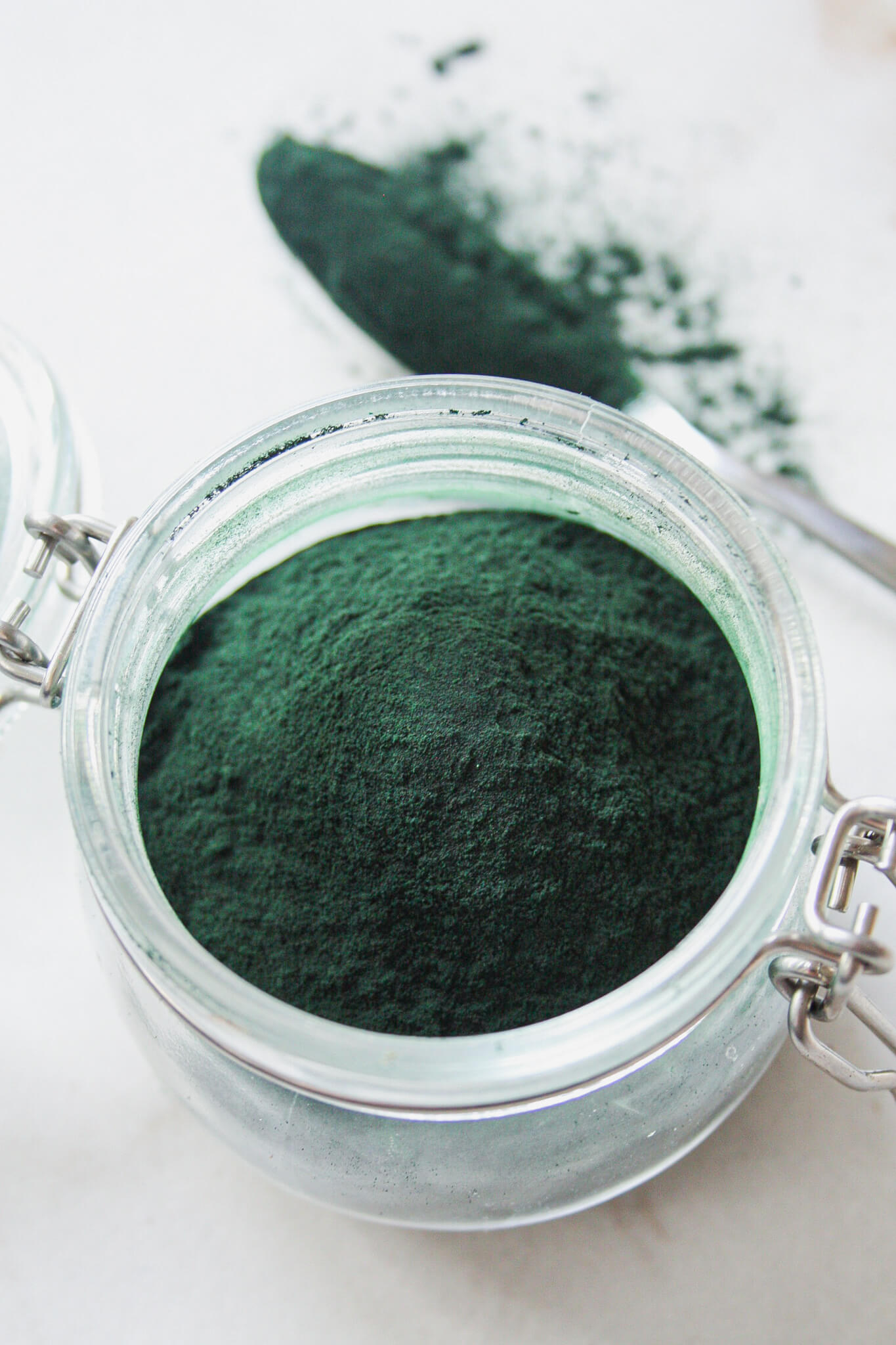Spirulina – the most nutritious food on earth
Spirulina has been one of the most popular superfood powders for several years now, and its popularity has already reached Lithuania. Although we are already familiar with this rich green powder, I often notice, while communicating with our community, that we still need to learn about the benefits of this product.
So, spirulina is a blue-green alga. It is an organism that grows in both fresh and salt waters. Spirulina is considered one of the most nutritious foods on earth. Let’s see why. At the recommended daily dose (7 g) you can find 4 grams of protein and all the amino acids your body needs. Also, the daily dose contains 21% of the recommended daily allowance of copper, 11% of iron and minerals, vitamins that our body needs per day.
What effect has the studies seen so far on the human body?
The studies show that spirulina has antioxidant and anti-inflammatory properties, which is useful in reducing the damage of inflammatory processes and combating the oxidative stress we experience every day. In one study, 8 grams of spirulina per day significantly reduced oxidative stress damage to the body.
Spirulina also has antibacterial properties. It is important to note that our body fights bacteria and viruses every day, so it is beneficial to include as many products with antibacterial properties in the diet.
As for our intestinal microbiota, spirulina is extremely important not only for a proper digestive system, but also for regular intestinal activity, skin health, and can have a positive effect on our immune system.

Studies show that spirulina has a positive effect on the multiplication of our good gut bacteria and their diversity. One study that looked at the condition in people with diabetes found that spirulina lowered sugar levels in their bodies.
Probably the only drawback of spirulina is its taste… That’s why I use it with fruit smoothies, where the taste of spirulina becomes unnoticed leaving only its advantages.
Sources:
A randomized study to establish the effects of spirulina in type 2 diabetes mellitus patients
Antiinflammatory and Antihyperalgesic Activity of C-phycocyanin
Production and Characterization of Antimicrobial Active Substance From Spirulina Platensis
Protective effects of Spirulina on the liver function and hyperlipidemia of rats and human
Role of Spirulina in the Control of Glycemia and Lipidemia in Type 2 Diabetes Mellitus
No Results Found
The page you requested could not be found. Try refining your search, or use the navigation above to locate the post.
